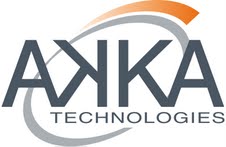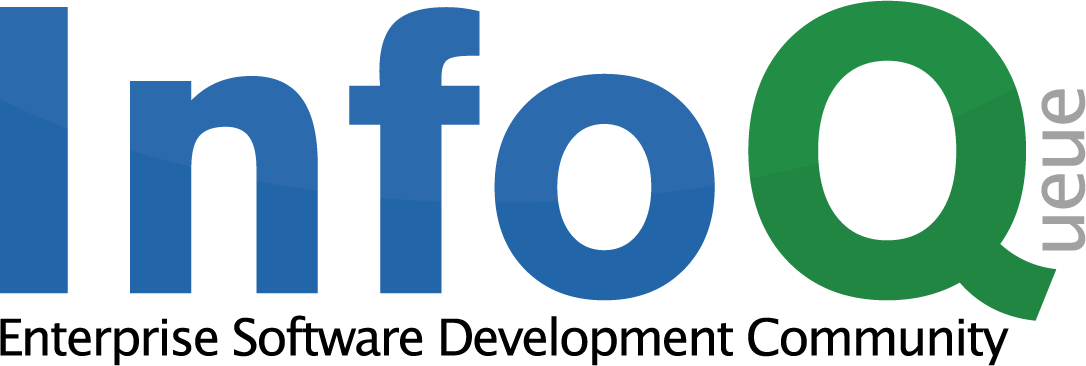Fostering continuous improvement through retrospectives
Nick Oostvogels (Cronos) & Laurens Bonnema (Xebia)
We all make mistakes, learning from them is what makes us stronger. When a company can stimulate a mindset of improvement, small steps can lead to a big wins.
In agile teams, this is done in the form of retrospectives. At the end of every iteration, the entire team uses their differences in knowledge, characters and beliefs to improve the way they work together.
During this session, you will learn about the similarities with continuous improvement in Lean organizations where on-the-spot kaizen events are the heart of organizational improvement.
We will talk about retrospectives gone wrong: raw, overcooked, or fatty and bad for your health. You will learn about the structure of a retrospective and the crucial role of the facilitator.
Then we’ll whip out a cookbook and serve up a recipe for wholesome retrospectives that take up just the right amount of time and allow you to start serving up delicious process improvements in no time! Using the base recipe and seven techniques to create variations on that recipe, you'll be able to fix and/of fire up your retrospectives when you get back to work on Monday.
Finally we will try out various exercises which can help a group to tackle the most challenging issues.
- Type de session: Tutoriel interactif
- Durée : 90'
- Langue : Anglais
- Public cible : Aucune expérience agile requise. L'expérience du travail en équipe est un plus
- Nombre de participants max. : 20 à 30
Contenu de la session
- What is the goal? (10 min)
- A brief explanation about what we’re trying to achieve by fostering continuous improvement.
- Exercise 1: Check-in (prepare everybody for the upcoming exercises).
- The audience is asked to write down every improvement opportunity they notice during the session for later use.
- In which form can we approach this? (5 min)
- Link with Lean - Gemba Kaizen
- Link with Agile – retrospectives
- Exercise 2 : Getting 2 know each other : 2 truths & 1 lie in groups of 4 people (10 min)
- Structure of a retrospective (5 min)
- Retrospective 1 (10 min)
- Trigger method – One at a time elaborates notes, group discusses
- Facilitators visualize the general topics
- The role of the facilitator. (5 min)
- Anti-patterns. (5 min)
- Retrospectives cookbook (15 min)
- Record Truthfully (Write down what they actually say, not what you think they say)
- Process Concurrently (Work on solutions in small groups)
- Chickensoup For The Soul (Include outsiders, a.k.a. chickens, not just pigs)
- Conclude Coalescently (Make sure they reach conclusions)
- Try Appreciative Inquiry (Look at what’s working well and how you can build on that)
- Analyze Recurrent Themes (Challenge eternal recurrence: "All this has happened before, and all of it will happen again.")
- Start Your Own Cookbook! (Get a Moleskine, start a tag in Evernote, whatever)
- Retrospective 2 (15 min)
- Any additional topics?
- Start of Scramble exercise (form groups of 4, each group member gets a number from 1 to 4. Every 2 minutes all people with number x switch groups)
- Closing exercise – definition of actions and owners
- A couple of exercises to take home. (5 min)
- Brainwriting
- Emotional trendline
- 3 complaints
- 5 minutes of fame
- Actions centered
- Fishbowl
- Wrap-up (5 min)
- 7 words or less – Every participant shares their experience about the session in 7 words or less.
A propos de Nick Oostvogels
Nick Oostvogels is a consultant who has worked at different companies in various industries.
At the moment he helps agile teams in delivering successful projects as project leader and agile coach for the consulting firm Cronos in Belgium.
He is a proud father of a daughter and twin boys, and enjoys outdoor sports such as mountainbike, running and soccer. Nick is a regular blogger and enjoys speaking and learning at conferences.
- Twitter: @NickOostvogels
A propos de Laurens Bonnema
Laurens Bonnema lives in Dordrecht, The Netherlands, with his wife, Nienke Blauw. He joined Xebia on May 1, 2010, where he is currently working as an Agile Consultant and Trainer with Essent, an energy company that delivers gas, electricity, heat and energy services to consumers and businesses.
After reading eXtreme Programming eXplained by Kent Beck in 2001, Laurens became an Agile enthusiast. Agile engineering practices just seemed to work, and being a pragmatic programmer, thus found their way into his general way of working. It was not until 2006 that he was able to run a 100% Agile project from start to finish. And it tanked. It tanked fast and left him with a furious customer and a general sense of malaise about the whole Agile thing. It took some time for the realization to sink in that the project tanking was, in fact, a good thing. Since then, his Agile enthusiasm has returned with a vengeance allowing him to successfully execute complex projects using an Agile approach.
As Chairman of the Program Group Agile Management from IPMA Netherlands, Treasurer of Agile Holland, member of the Agile Consortium's Agile Certification workgroup, and member of the Agile Project Leadership Network, Laurens strives to merge classic and agile management in the conviction that therein lies the future of professional management. Also, he frequently presents on a range of subjects. Last year he presented on "Interdependency Injection" at the Integrating Agile conference and this year on "Make Way For Increasing Awareness" at the Project Management Parade.
- Twitter: @laurensbonnema


 Ghent
Ghent Fortaleza
Fortaleza Calgary
Calgary Santiago De Chile
Santiago De Chile Beijing
Beijing Besançon
Besançon Belfast
Belfast Dublin
Dublin Haïfa
Haïfa Bengaluru
Bengaluru Osaka
Osaka Vilnius
Vilnius Luxembourg
Luxembourg Genève
Genève Philadelphia
Philadelphia I like AgileTour
I like AgileTour







